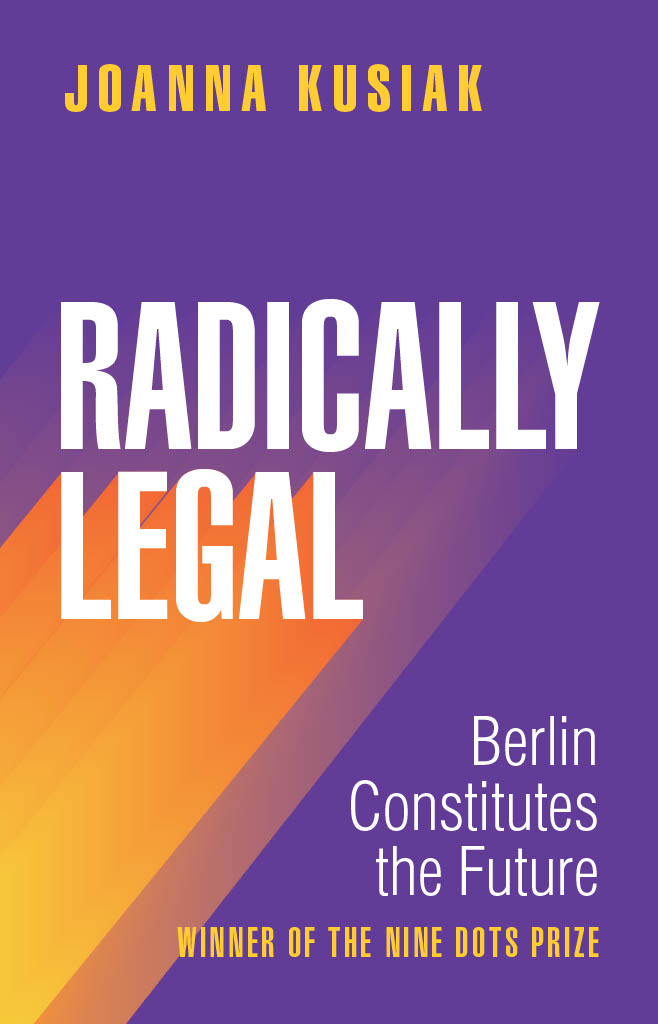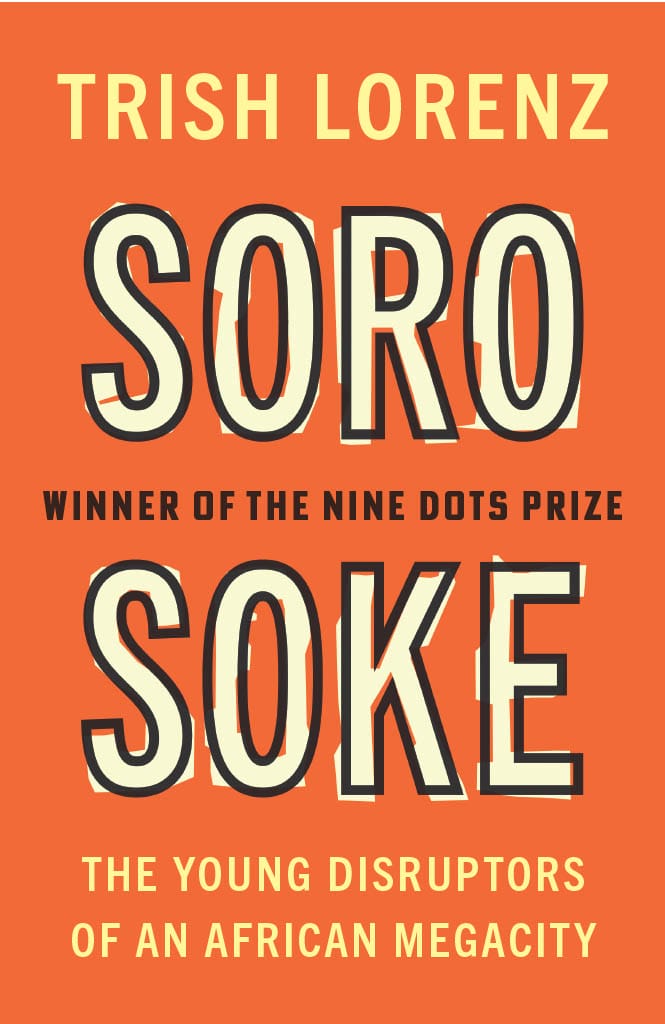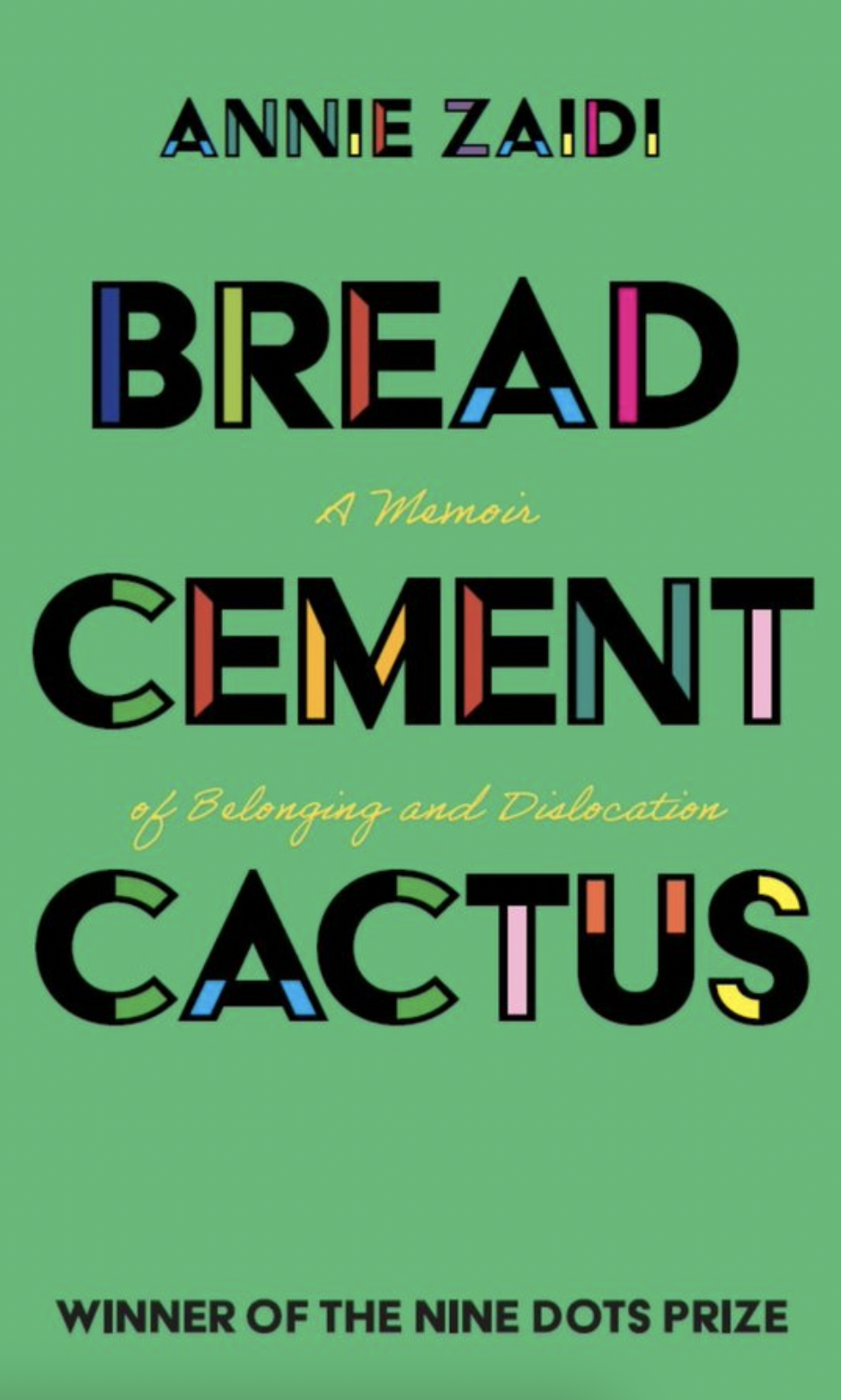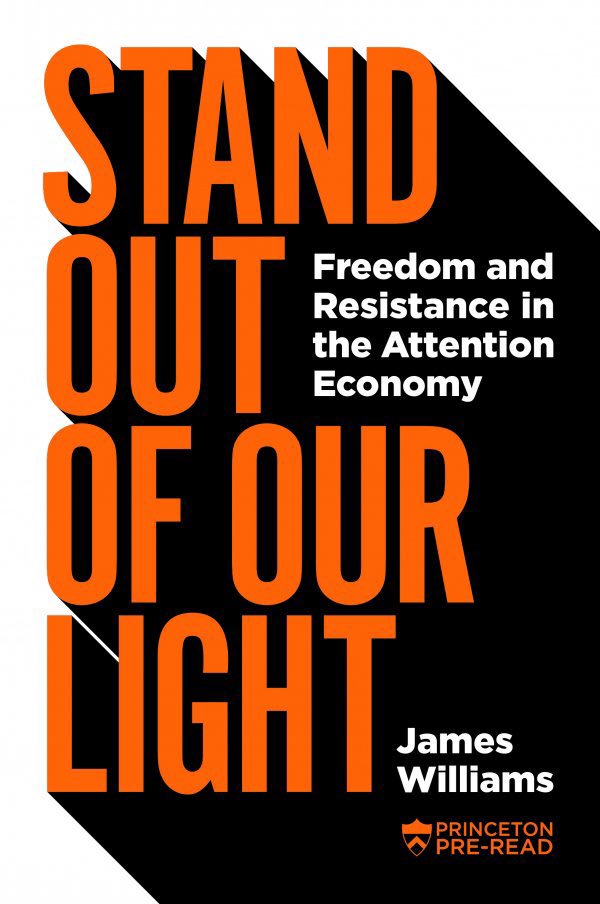Nine Dots Prize releases second podcast on diversity
14 December, 2018
The Nine Dots Prize has created a series of podcasts giving tips and advice to those thinking of submitting an answer to our question, ‘Is there still no place like home?’
Our second podcast looks at the importance of diversity and why the Nine Dots Prize wants to encourage answers from a broad range of people. We also want to dispel any myths surrounding why someone might feel that this Prize is not for them and to ensure that people from all backgrounds feel confident about submitting an answer. To inspire entrants, we have gathered together three prominent people from minority backgrounds and asked them to share their personal experiences.
The three interviewees are:
- Bibi Bakare-Yusuf, co-founder and publishing director of one of Africa’s leading publishing houses, Cassava Republic Press, and the co-founder of Tapestry Consulting, a boutique research and training company focused on gender, sexuality and transformational issues in Nigeria
- Lee Hall, an award-winning author and screen writer best known for Billy Elliot and The Pitman Painters. He draws inspiration for his work from his working-class upbringing in Newcastle
- Lopa Patel, MBE, is a digital entrepreneur. Her parents were shopkeepers who arrived in Britain as refugees in the 1970s. She is the Founder & CEO of equality and inclusion think tank Diversity UK and a Trustee of The Science Museum Group
You can listen to the full podcast here but, to get you started, here are some words of wisdom from each of our contributors:
“The racial element, it’s quite interesting, a lot of people when they first listen to me would say, oh well but you don’t strike me as being Asian – I don’t know whether to take that politely or be affronted by it.” – Lopa Patel, on racial stereotyping
“I was very lucky in the 70s in Newcastle because there was a movement to try and engage kids into drama, which I think liberated me and really that’s how I ended up pursuing literature and drama.I ended up doing quite well in my exams and going to Cambridge. When I got to Cambridge I realised that I had a real advantage having a completely different vantage point to everybody else. It was a huge privilege in itself and a huge gift.” – Lee Hall, on why his working class background proved to be a great advantage for him
“The fact that it’s anonymous should encourage more writers from diverse backgrounds and the reason being is that you feel you have more of a chance. You feel, I can do it, because they won’t even know who I am so they will judge me based on the merit of my work – one of the things I find really attractive about this Prize is the fact that we’re not going to know the names or where they come from, it’s anonymous.” – Bibi Bakare-Yusuf, on why the anonymity of the Nine Dots Prize is important



